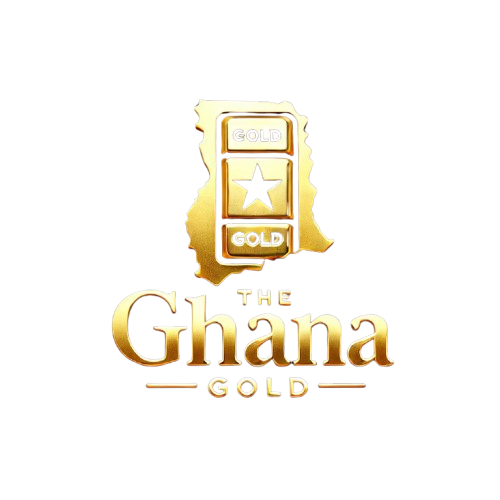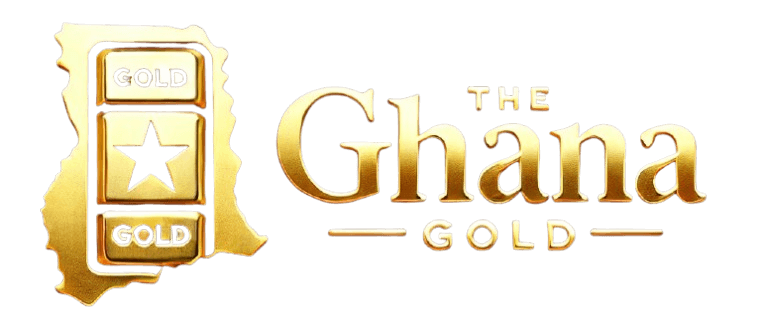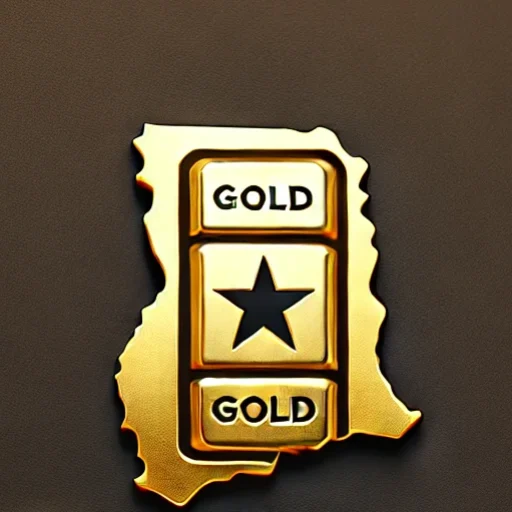Introduction #
To mine gold legally in Ghana, investors must navigate a system of licenses, permits, and interactions with various government agencies. Understanding this ecosystem is crucial for compliance, avoiding costly delays, and securing your investment. This article breaks down the key licenses required, the role of each agency, and how to coordinate them effectively for smooth operations.
Key Licenses and Permits for Gold Mining #
Whether you’re prospecting, exploring, or engaging in full-scale mining, certain documents are mandatory. Below are the core licenses:
1. Reconnaissance Licence #
- Issued by: Minerals Commission
- Purpose: Preliminary exploration such as aerial surveys or satellite imaging.
- Duration: 12 months (renewable once).
- Restrictions: No physical drilling or excavation allowed.
2. Prospecting Licence #
- Issued by: Minerals Commission
- Purpose: Allows soil sampling, trenching, and drilling to assess commercial viability.
- Duration: Up to 3 years (renewable).
- Key Requirement: Submission of work program and environmental plan.
3. Mining Lease #
- Issued by: Minister of Lands and Natural Resources upon recommendation from the Minerals Commission.
- Purpose: Grants the right to mine and sell minerals.
- Duration: Up to 30 years (renewable for another 30).
- Key Conditions: Feasibility study, Environmental Permit, and compensation agreements with landowners.
4. Small-Scale Mining Licence #
- Issued by: District Office of the Minerals Commission
- Eligibility: Only available to Ghanaian citizens or wholly Ghanaian-owned companies.
- Duration: Up to 5 years (renewable).
- Note: Requires residence in Ghana and a maximum land size of 25 acres.
5. Environmental Permit #
- Issued by: Environmental Protection Agency (EPA)
- Requirement: Mandatory for any mineral activity that may impact the environment.
- Steps: Submission of Environmental Impact Assessment (EIA), Scoping Report, and Environmental Management Plan (EMP).
- Timeline: Varies, but typically takes 3–6 months.
6. Water Use Permit #
- Issued by: Water Resources Commission (WRC)
- Required for: Use of rivers, streams, or groundwater during mining.
- Conditions: Hydrological studies and proof of water conservation methods.
7. Explosives/Blasting Permit #
- Issued by: Minerals Commission and Ghana Police Service
- Required for: Use and storage of explosives in mining operations.
- Note: Requires secure storage facilities and certified blasting officers.
8. Business Operating Permits #
- Issued by: Registrar General’s Department and Local Authorities
- Required for: Legally registering the business and operating within a municipality.
Major Government Agencies Involved #
1. Minerals Commission #
- Central regulatory body for mineral licensing.
- Advises the Minister on policy and applications.
- Manages the online mineral cadastre (license mapping system).
- Offers investor support and geological data.
2. Ministry of Lands and Natural Resources #
- The policy ministry responsible for approving large-scale mining leases.
- Signs final contracts between government and investors.
- Handles disputes and escalated matters related to land and mining.
3. Environmental Protection Agency (EPA) #
- Approves environmental permits for mining.
- Monitors compliance with environmental laws.
- Ensures mining operations include plans for land reclamation, pollution control, and community safety.
4. Lands Commission #
- Verifies land ownership and helps resolve surface land claims.
- Crucial for checking overlapping land rights and proper documentation.
- Works with traditional authorities and landowners on compensation negotiations.
5. Water Resources Commission (WRC) #
- Ensures water resource protection.
- Issues permits for use and diversion of surface or groundwater for mining.
6. Ghana Revenue Authority (GRA) #
- Oversees tax compliance for mining operations.
- Manages royalties, income tax, and withholding taxes.
- Issues Tax Identification Numbers (TINs) and monitors transfer pricing.
7. Ghana Investment Promotion Centre (GIPC) #
- Provides investment support and facilitates business setup.
- Offers tax incentives for qualifying investments.
- Registers foreign investments and assists with expatriate quota approvals.
8. District Assemblies & Traditional Authorities #
- Handle local level permits and customary land negotiations.
- Help enforce local content laws and community development projects.
Additional Requirements #
- Local Content Compliance:
Large-scale mining firms must comply with Ghana’s Local Content Policy, employing Ghanaians where qualified and sourcing goods and services locally. - Community Development Agreement (CDA):
For certain mining operations, especially large-scale ones, the government requires a CDA with local communities to share social and economic benefits.
Tips for Investors #
✅ Start with the Minerals Commission – All mining activity begins and ends here.
✅ Engage a licensed local legal consultant – Ghana’s regulatory environment can be bureaucratic.
✅ Do community engagement early – Chiefs, landowners, and district officials need to be in the loop from Day 1.
✅ Prepare for compliance audits – Regulators perform periodic inspections. Keep your books and licenses in order.
✅ Expect to coordinate across agencies – No one-stop-shop. Licensing is a multi-step, multi-agency process.
Conclusion #
Ghana’s mining license and permit structure is designed to ensure responsible, legal, and sustainable mineral exploitation. While the process can be extensive, it protects both investors and host communities. Knowing the right agencies, documents, and sequence of steps sets you up for a smooth, successful operation in one of Africa’s most resource-rich nations.







